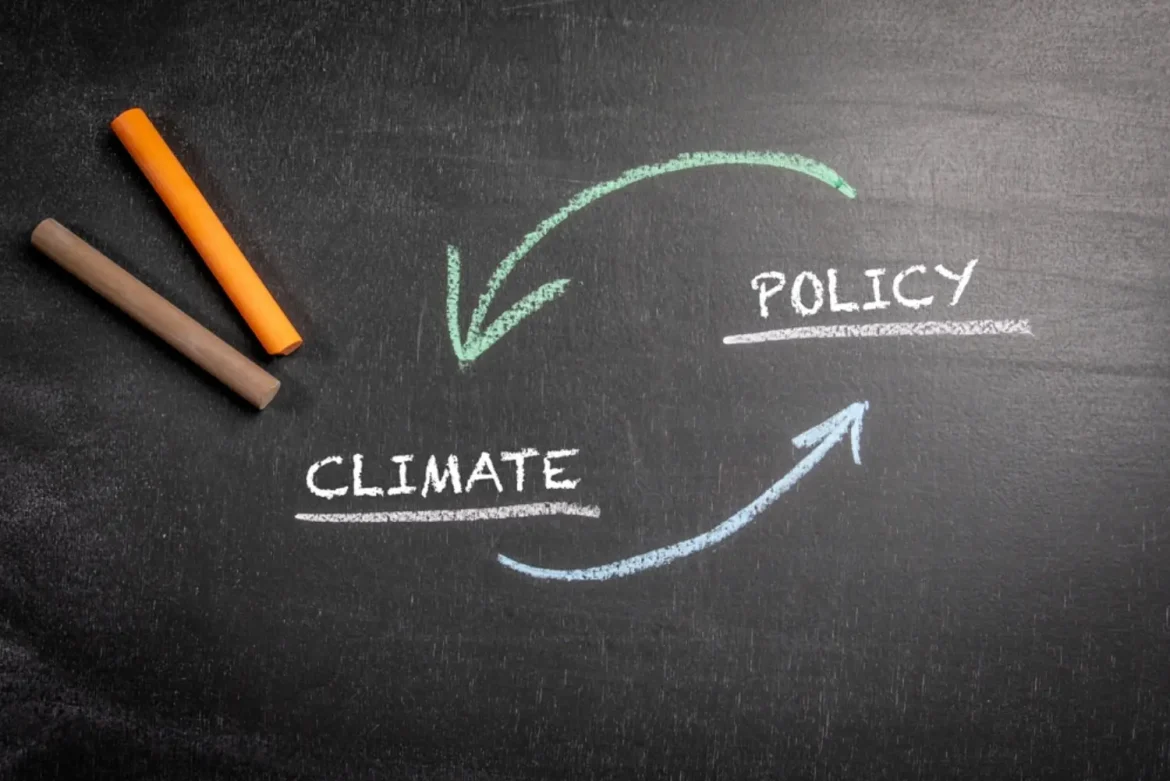Crossbenchers have taken varying positions. The Greens have criticised the government’s targets as insufficient, arguing that more ambitious reductions are needed to address the urgency of climate change. Independent MPs, particularly those from inner-city electorates, have pressed for stronger accountability measures, including annual reporting on progress and stricter limits on fossil fuel projects. The result is a complex political landscape, with the government needing to secure support across both chambers to pass its legislation.
Advertisement
The business community has also entered the debate, with major industry groups expressing cautious support for emissions targets but urging clarity around policy mechanisms. Energy providers are seeking assurances that the transition will be managed carefully to prevent supply disruptions, while manufacturers have stressed the importance of assistance to help adapt to new standards. Regional representatives have raised concerns about the impact on communities reliant on coal and gas, calling for more investment in retraining and diversification.
The outcome of this debate will shape Australia’s climate policy for years to come. If the legislation passes, it could provide a framework for long-term planning and position the country more firmly in line with global climate efforts. If it fails, uncertainty could deter investment and stall progress, with political divisions once again standing in the way of coherent climate action. Either way, the issue is set to remain a defining challenge for both the government and the opposition.

